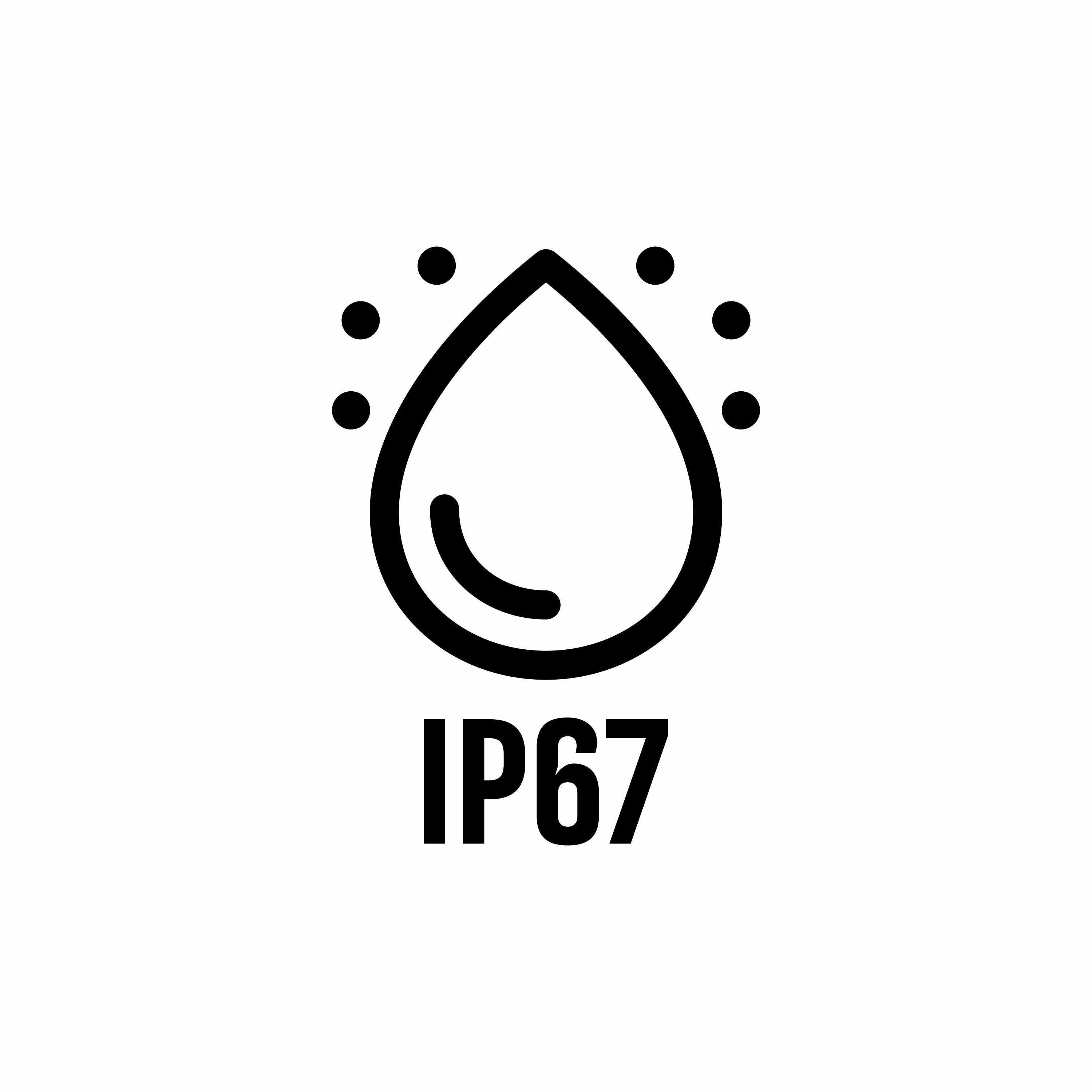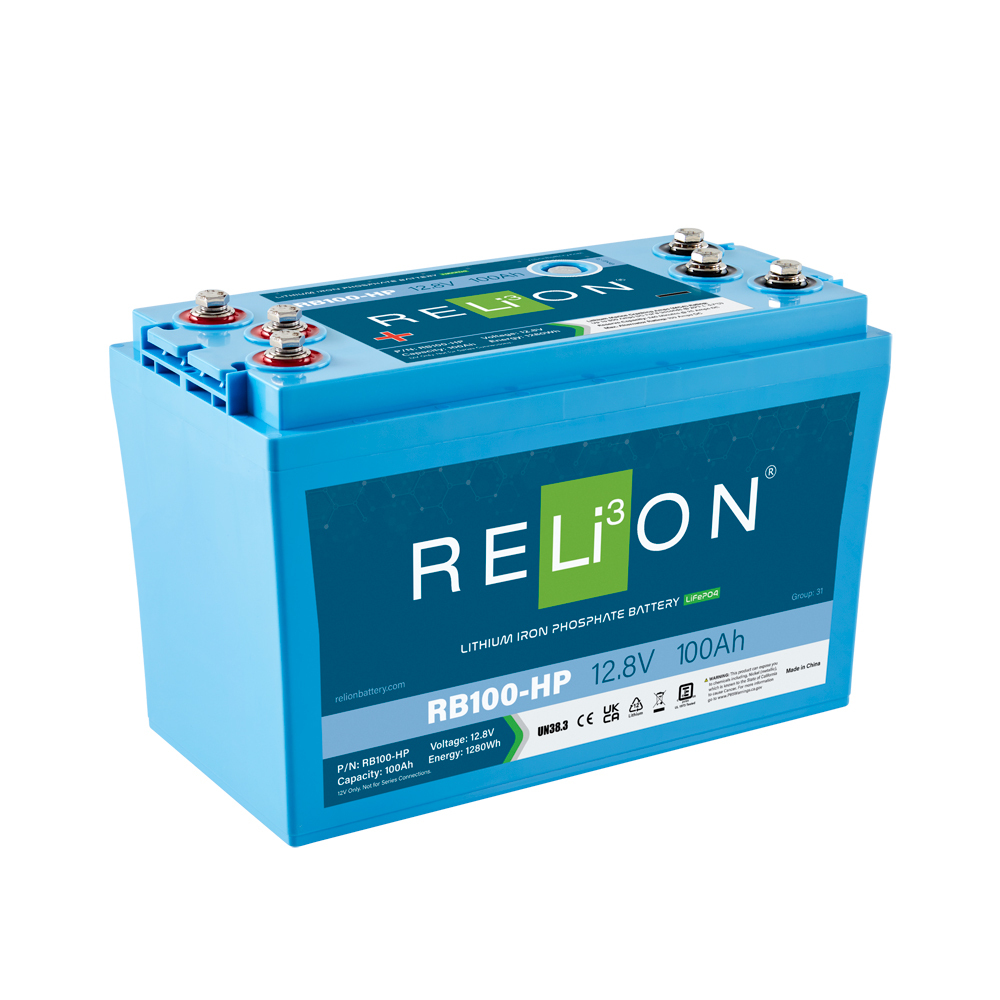Knowing the ingress progression (IP) of a battery can help you choose the one that offers you the most protection. Ideally, all the batteries you so heavily rely on would be impenetrable to liquids and solids that could penetrate their barriers. Unfortunately, not all devices are impermeable to elements like water, dust, or sand.
The IP rating given to a battery allows you to know what level of protection your battery has against both liquid and solid objects. These ratings offer a more detailed and useful set of information that can help far more than ambiguous terms like waterproof. The IP rating acts as a standardized evaluation of battery enclosures with the assignment of a number that informs as to the level of protection against entry of water and solids a battery has.

What Are IP Ratings?
An ingress protection rating will have two numbers after the letters IP. This combination of numbers relates to the solid object rating and the moisture rating. The first number refers to the ingress protection level that a battery has against solid objects such as dust. The second number speaks to the level of ingress protection that there is against liquids like water. The higher the number value is, the higher the protection there is against ingress, or the act of an object entering.
An example of this can be seen in the rating IP67. This rating shows that there is an ingress protection of 6 for solids and 7 for liquids, which would make this an ideal battery to use for marine applications. The reason for this is that the first number in an IP rating, which stands for ingress against solids, goes from 1-6, with 6 being the highest rating possible. For liquids, the ingress rating can be anywhere from 1-8, with 8 being the absolute highest rating possible for ingress against liquids.
A rating of IP67 shows the highest possible protection against solids, and the second highest waterproof protection against liquids, which provides immediate, concrete verification for a consumer that this battery would be highly immune to external intrusions that can damage the battery.
How Does the IP Rating Guide Work?
As outlined above, the ingress rating accounts for both solid object and liquid and moisture, protection classifications. Each of these two categories has its own scale and each value within the categories has a specific meaning with regard to the level of protection afforded to the battery. Listed below are details on how exactly each value is determined.
Solid Object Rating:
- Protection against large objects larger than 50 mm
- Protection against a large object larger than 12.5 mm
- Protection against a large object larger than 2.5 mm
- Protection against a large object larger than 1 mm
- Allows for very limited ingress of solid objects the size of dust particles. At this rating, the battery is protected well enough that the battery’s operations are not impacted by small particles
- No ingress of dust or small particles into the battery
Moisture Rating:
- There is limited ingress with there being protection against vertical drops of falling water
- In addition to the protection from vertical drops of water, there is protection up to 15 degrees from the vertical
- Protection against sprays of water up to 60 degrees from the vertical
- Protection from water from various angles
- Protection against strong jets of water
- Increased protection against stronger jets of water
- Protection when submerged in water for upwards of 1 minute and 30 seconds
- Protection against immersion in water under pressure for extended periods of time
IP67 Rating and Marine Applications
For marine applications, there is in particular a need for the second number in the IP rating to be as high as possible, ideally a 7 or 8. This is because batteries being used for marine applications will be prone to jets of water, being splashed from multiple angles and potentially becoming submerged in water as well.
The IP rating of “IP67” offers one of the highest levels of protection that an IP rating can be for both solids and liquids. With this rating, the consumer can be assured of protection against ingress by dust particles as well as protection against liquids and moisture, even when there is submersion underwater for up to 1 minute and 30 seconds.

Batteries like RELiON’s RB100-HP 12V 100Ah Lithium Deep Cycle Starting Battery offer an IP rating of IP67, which helps to completely repel both dust and water ingress, even when immersed in water for over one minute. A battery being used for marine purposes needs to be able to come into contact with water and debris without its barriers being breached easily. The IP67 offers just this level of protection and is the gold standard in IP ratings for batteries being used for marine purposes.
The RB100-HP is the first lithium marine battery to be evaluated and approved for Mercury Marine® outboard engines. Mercury requires lithium batteries to be rated at IP67. You can find out what your battery IP rating is by checking the data sheet provided by the battery manufacturer.
Have Questions About Which IP Rating Your Battery Needs?
Looking for a battery that can withstand the tough conditions you need to put it through but are not sure where to start? Contact us anytime to speak to an experienced RELiON representative who can help answer all of your questions and concerns.